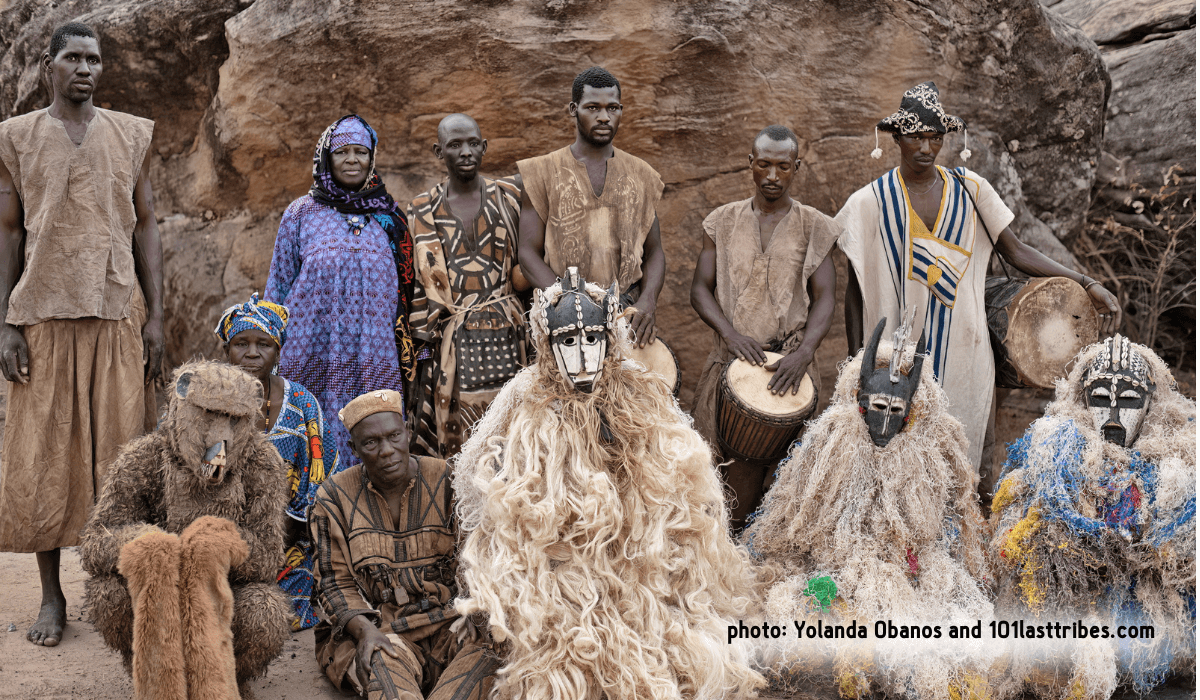People Group: the Mandinka of West Africa

Listen to this article
The Mandinka are a West African people group numbering about 2.5 million and found mainly in southern Gambia, southern Mali, southern Senegal, and eastern Guinea. There are very few of them also in Ghana, Sierra Leone, Liberia, and Guinea-Bissau. The communities are patriarchal, autonomous and are ruled by a clan chief or group of elders.
They are an oral society, preserving their traditions through stories and mythologies. Their history is still being passed down through storytelling accompanied by music with the kora. The society is divided into three castes – the freeborn, the slaves, and the artisans. The freeborns are primarily merchants, clerics, and farmers; the artisans include leather workers, pottery makers, and metal smiths; and the slaves usually provide labour while working on farms and in households.
The Mandinka are predominantly Muslim but they practice Islam with traditional African beliefs that they adhered to before the arrival of Islam in the 13th century. They observe the Islamic rituals with little understanding of their implications and meanings. The people receive their spiritual guidance from the marabout (holy men, clerics), whom the people believe are conduits of Allah’s blessings, and also depend on for spiritual protection and security. The Mandinka see Allah as an inaccessible supreme being and so look to their traditional gods for their daily needs.
Some amount of gospel work has been done among the Mandinka. A completed Bible is available in their language, as well as other written and audio gospel materials. Some ministers air Mandinka gospel programmes on the radio and on social media for the Mandinka. However, their strong sense of identity and attachment to their culture can pose a hindrance to their openness to the gospel. The level of illiteracy is also high.
At a glance
- The Mandinka believe in upholding human dignity and regard selfishness and lack of hospitality as the two deadliest sins that defile human dignity.
- It is common for a Mandinka to pray first in the mosque and sacrifice to the gods afterwards.
- Arranged marriages are common, and the groom must provide pre-marital and post-marital services to the bride’s family, in addition to paying the bride price.
Pray for
- The Lord to raise up a strong disciple-making movement among the Mandinka.
- God’s blessing, strength and healing for Mandinka families and communities through the abundant life Jesus offers to all.
- Their leaders and for their communities to welcome and enjoy God’s blessing.
- The Lord to multiply the reception and influence of his Word among the Mandinka.
Sources: Missionary Alexander Grant (a Mandinka, and a CAPRO Missionary), Joshua Project, Wikipedia.
 here
here